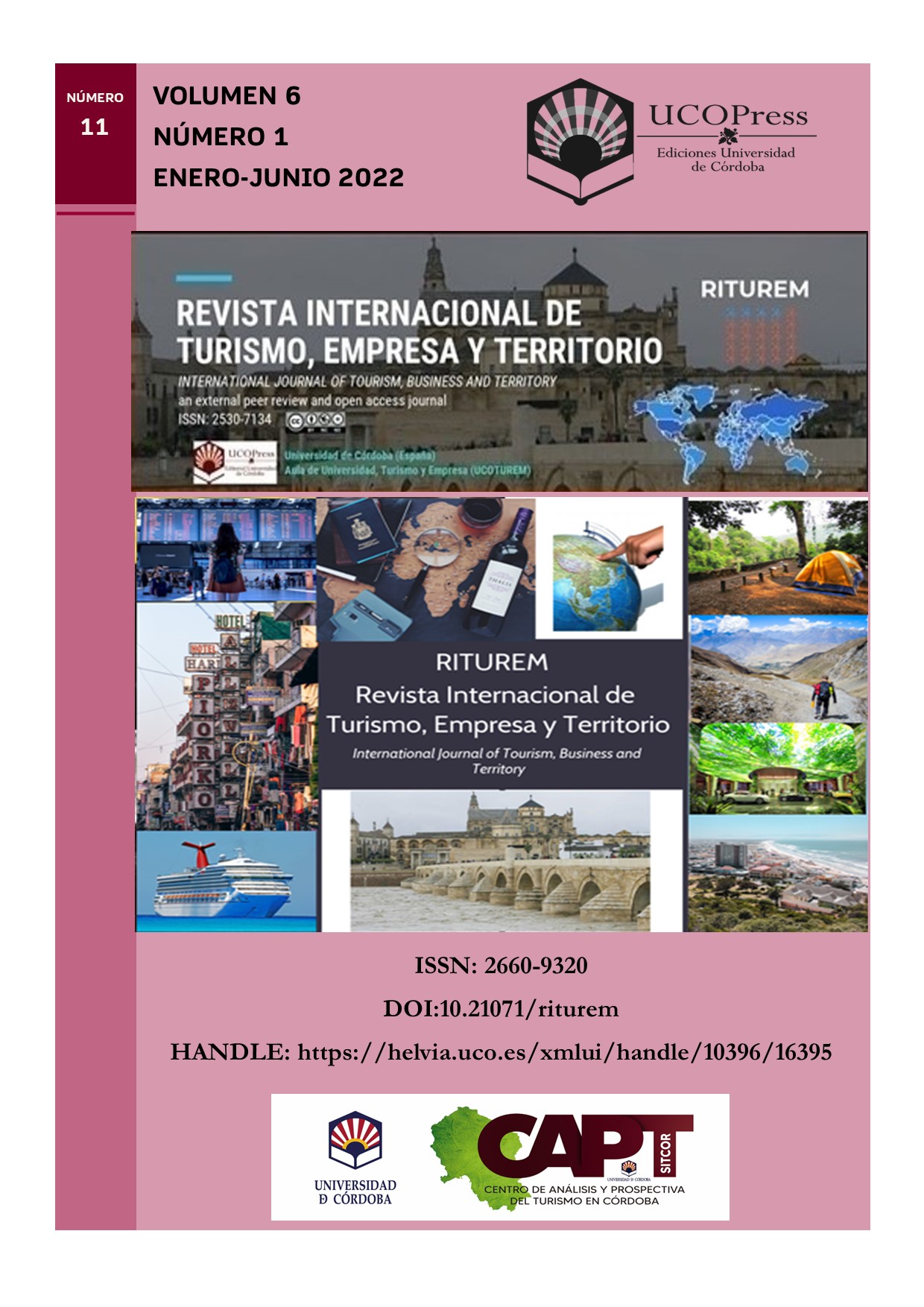Tasmania. Un destino de turismo aborigen y de naturaleza al alcance de todos
Contenu principal de l'article
Résumé
Desde que los exploradores, conquistadores y aventureros comenzaron a ampliar nuestros horizontes geográficos, el mundo no ha hecho más que empequeñecerse. Con la tecnología actual, además, tenemos el mundo a nuestros pies y podemos acceder a la información y al conocimiento de cualquier lugar del Planeta con la misma facilidad que en nuestros propios pueblos y ciudades de residencia. A través de los restaurantes, supermercados, centros comerciales y grandes intermediarios en Internet también podemos adquirir productos de todos los rincones del mundo. Pero detrás de todos estos avances existe un mundo de transporte contaminante, emisiones de gases efecto invernadero, explotación de los recursos naturales, problemas de deforestación, etc. que nos hace ver la necesidad de buscar alternativas para que nuestro planeta Tierra deje de sufrir. En este sentido, conviene reflexionar sobre cómo cambiar nuestros hábitos de viaje y tener más sensibilización por los destinos de naturaleza con sistemas de aprovechamiento de los recursos territoriales y de producción local de alimentos más sostenibles y ecológicos, primando la utilización de técnicas tradicionales con otras compatibles con la conservación y valorización del medio natural, como es el caso de Tasmania, estado insular de Australia.
Palabras clave: Turismo de naturaleza; turismo aborigen; turismo responsable; Tasmania; Australia.
Téléchargements
Details de l'article
Avisos de derechos de autor propuestos por Creative Commons
Política propuesta para revistas que ofrecen acceso abierto
Aquellos autores/as que tengan publicaciones con esta revista, aceptan los términos siguientes:
- Los autores/as conservarán sus derechos de autor y garantizarán a la revista el derecho de primera publicación de su obra, el cuál estará simultáneamente sujeto a la licencia Creative Commons CC BY-NC 4.0 (https://creativecommons.org/licenses/by-nc/4.0/deed.es ) , que permite a terceros compartir la obra y permitir obras derivadas siempre que se indique su autor, su primera publicación en esta revista y cuando no se haga uso comercial.
- Los autores/as podrán adoptar otros acuerdos de licencia no exclusiva de distribución de la versión de la obra publicada (p. ej.: depositarla en un archivo telemático o en un repositorio institucional o publicarla en un libro monográfico) siempre que se indique la publicación inicial en esta revista.
- Se permite y recomienda a los autores/as difundir su obra a través de Internet (p. ej.: en archivos telemáticos y repositorios institucionales o en su página web) antes, durante y con posterioridad al proceso de envío, lo cual puede producir intercambios interesantes y aumentar las citas de la obra publicada. (Véase El efecto del acceso abierto).
